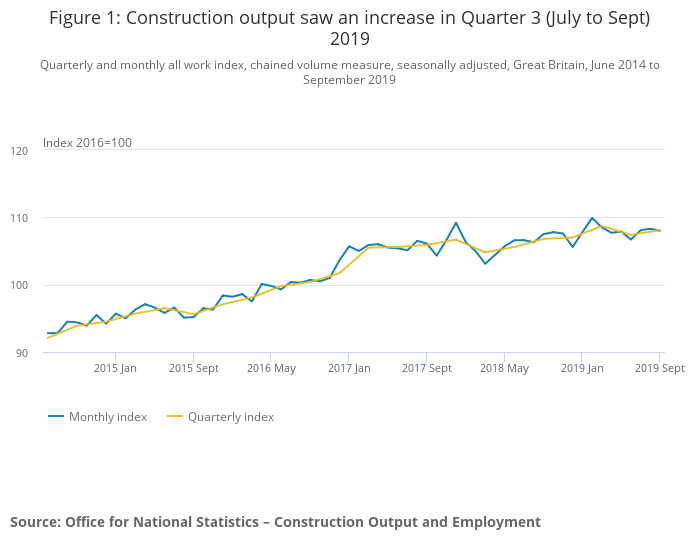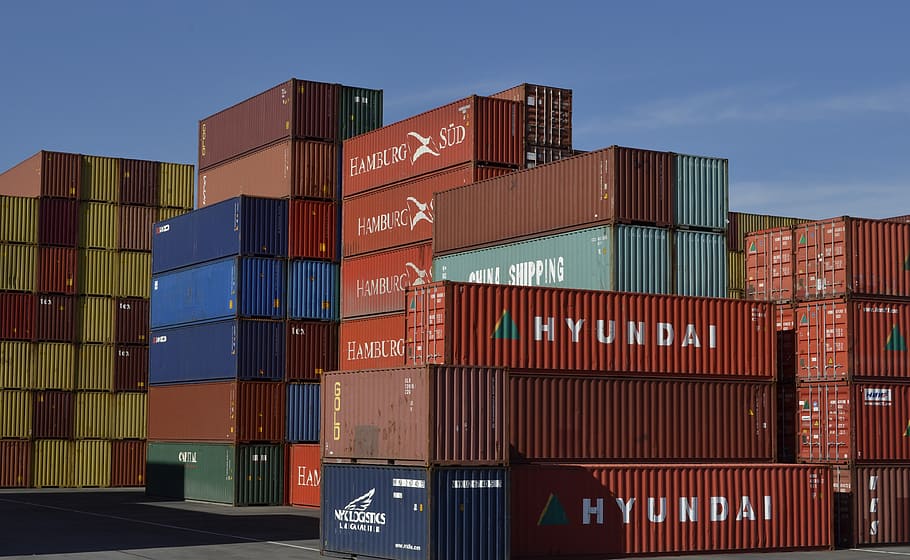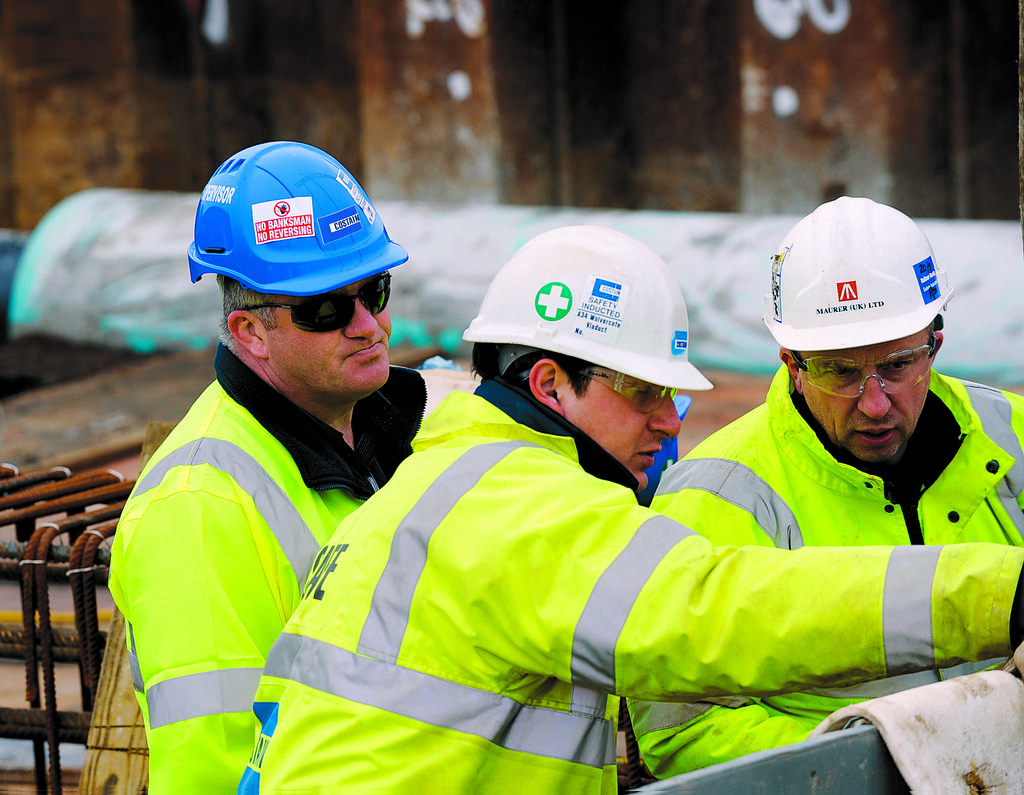Brexit seems to be at the top of the news recently, but with little being published about the construction industry, many are left in the dark. SB Skills have gathered data and statistics to generate this Brexit outlook and plan for your future.
What is Brexit?
As many know already, Britain is leaving the EU. It is still uncertain as to what is going to happen. We are currently in a transition period (as of 24/02/2020) which means that the UK Government are negotiating so the UK can get the best outcome.
Where are we now?
During the transition period, everything remains uncertain with the Government negotiating new deals. The construction industry has continued to grow over the past few years despite Brexit fears growing. This could show that the construction companies are capitalising before calamity or it could show that the construction industry is strong despite fears.

Will Brexit kill construction?
Of course, it would be hard to kill an entire industry, especially an industry as essential as construction. However, Brexit could damage the construction industry further, when so much progress has been made over recent years.
Supply chain and material costs

The construction industry relies on supply chains that span across the globe. For example, the steel industry relies on imports from China and the EU where steel is cheaper to produce. Out of all steel imports, the EU makes up 69% which could hurt the steel working trade financially. This is due to the restrictions that could be put in place regarding trading with the EU alongside the fall in the value of Pound Sterling. Falling currency value means more expensive imports, resulting in higher costs to UK businesses relying on imports.
Furthermore, transport costs could rise, especially for imports via land. Lorry drivers will experience increased checks at the border, therefore increasing the transport times. Crossing the English Channel will become harder to cross and more documentation could be required. This could cause further travel delays and increase transport costs across the industry.
Construction exports are not the main source of construction revenue. This is down to the requirement of labour to carry out work and the higher costs associated with working abroad. If a UK-based company decided to work in another country, transport, wages, regulations and materials would all have to be taken into account. This would lead to uncompetitive rates against foreign contractors.
Labour and Employment

With the UK leaving the EU, labour shortages are a worry for many, especially the construction industry. The construction industry is currently facing a skills and labour shortage, due to the ageing workforce. More construction workers are retiring from the construction industry than are joining it. This has caused a shift in the average age of a construction worker. This could be further damaged if EU labour is removed from the equation as there are 3 million non-UK construction workers, with EU workers making up 30% of all labour.
This will cause an increase in the cost of construction as labour prices rise due to a shortage in the supply of labour. This opens up the UK construction industry to competition from foreign construction companies with lower costs. If the UK is unable to compete with foreign companies, it could lead to the downfall of the UK construction industry.
What can be done?
This all sounds terrible but what can be done to resolve the issues in the construction industry arising from Brexit and other external factors?
Apprenticeships
Firstly, apprenticeships! We’re always talking about how beneficial apprenticeships are for businesses, but they could well save the construction industry too. With apprentices being predominantly younger workers, it kills two birds with one stone, the ageing construction workforce and the skills shortage. The UK government has put a large amount of money into the UK apprenticeship scheme as a whole, but CITB has gone one step further in providing extra provisions for construction companies.
With many apprentices being unable to drive, CITB is paying for all accommodation and travel for apprentices if it is required and they meet the requirements. This has helped to bring more apprentices into the industry.
CITB Levy Grants
Spending a little, and getting a lot back sounds great for many in construction. This is the case with the CITB Levy as many employers are able to upskill their workforce with CITB funding they can claim back. This has helped to aid the construction skills gap and bring the UK workforce a higher quality of labour. By making training more accessible for employers, the quality of work and efficiency in construction increases. This will help the UK to stay competitive in a time of uncertainty such as Brexit.
Modular Housing

Modular housing isn’t anything new, with the first modular homes reportedly arising in 1933, however, it has become widely popularised in recent years. Modular housing could help the construction industry greatly with lower costs and quicker production methods. Construction times can be cut by up to 50% with modular housing as groundworks can be carried out at the same time as the actual building work. This could be seen as very attractive to major contractors looking to meet tightening deadlines.
This could also help to get more young people into construction. Many young people have the misconception that site work is dirty and for uneducated people which isn’t the case. However, changing this misconception proves difficult, whereas moving production inside factories could help to change views of the construction industry, this would help to further decrease the ageing workforce in construction.
Funded Training
Alongside the CITB Levy, the government is also funding training courses directly. SB Skills also offer a range of fully-funded training through the SSW. This has directly had an impact on employed staff as companies have better access to free or almost free training.
Is construction dead?
Overall, no. But Brexit presents numerous challenges for both the Government and construction companies across the UK. With trade deals currently being negotiated, we are still to see where we will end up after we complete the transition period. However, there hasn’t been a better time than now to get into construction. Construction companies will place the labour force in high demand and this could put you in the optimal position to upskill yourself and further your career.
Error: Contact form not found.



